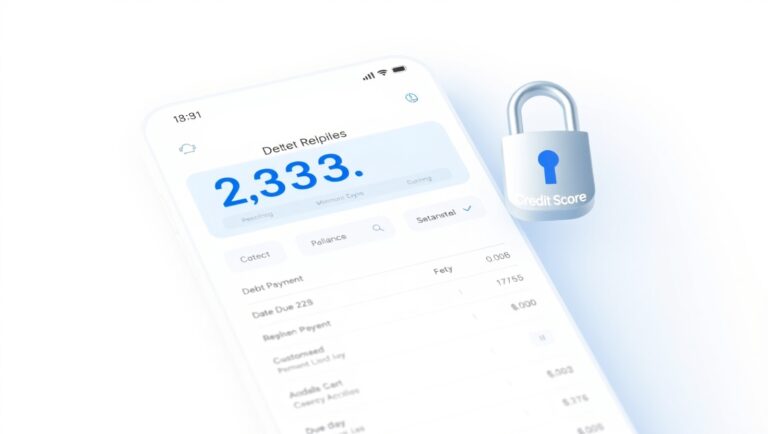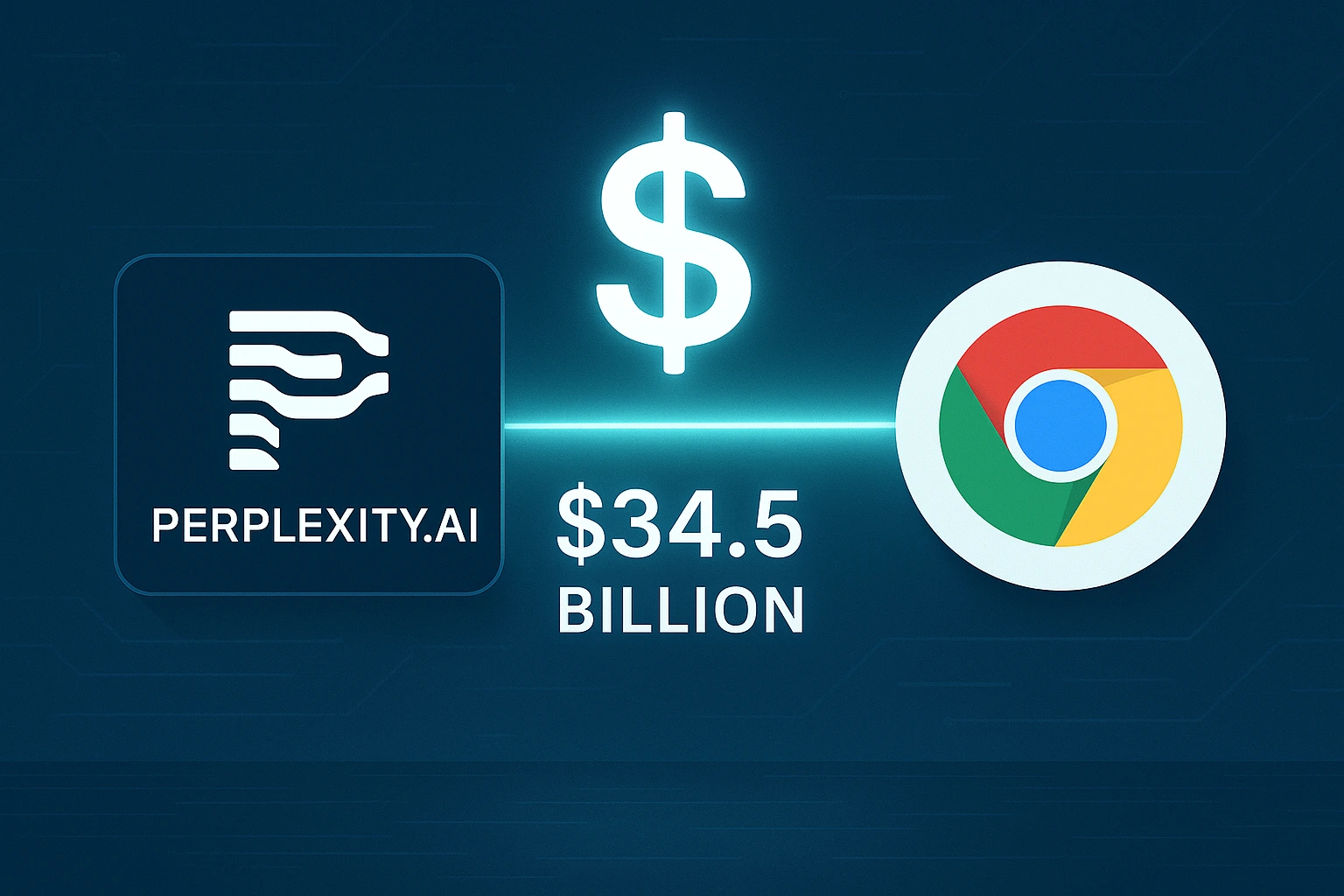Handling money in 2025 is a far cry from how it was even a few years back. The days of poring over spreadsheets or manually writing down every transaction are over. Now, thanks to the evolution of artificial intelligence, we have AI tools that are intelligent, intuitive, and can revolutionize the way we manage our money.
From budgeting programs that learn to fit your style of spending to robo-advisors that create and direct your investment portfolio, AI products are eliminating the guesswork when it comes to personal finance. In this post, we will look at precisely how these tools are transforming personal finance management, what are the best ones available, and how you can benefit from them while staying safe.

1. What Is AI in Personal Finance?
Artificial Intelligence (AI) is the capability of computers and software to replicate human thought—learning from data, identifying patterns, and making choices. In personal finance, AI is being applied to automate, optimize, and customize everything from budgeting to investing to credit tracking.
Unlike static tools with pre-set rules, AI tools learn and adjust. They analyze information from your bank accounts, credit cards, and financial patterns to make more intelligent decisions in the long run. For instance, a budgeting app using AI could know that you like to spend on weekends and tweak your budget in response to stay within your means.
It now means that you’re not simply monitoring your cash—you’re actually using a piece of software that actively assists in making it all work better.
2. Best AI-Fueled Personal Finance Tools for 2025
Let’s take apart the strongest AI aids available today and how they are being applied within various domains of personal finance:
a. AI Budget Helpers
Budgeting no longer requires pen and paper. Cleo, Emma, Spendee, and You Need A Budget (YNAB) now employ AI to monitor your expenses, sort your transactions, and suggest tailored budgets from your patterns.
Cleo, for example, injects some fun with a chatbot that provides you with personalized tips—and even offers to roast you if you’re spending too much. It’s like having a tough-as-nails money coach in your pocket.
What sets these AI tools apart is how they adjust. Rather than imposing a blanket budget, they learn about your individual fiscal habits and support you with cheerful, fact-based suggestions.
b. AI Investment Platforms
Investing once used to be daunting for newbies. But today, robo-advisors such as Betterment, Wealthfront, and SoFi Invest are making it easy. These services employ AI-driven algorithms to analyze your risk tolerance, objectives, and timeline and then invest your money in diversified portfolios automatically.
Others even have features such as tax-loss harvesting, automatic rebalancing, and retirement target tracking—all on autopilot. The AI supporting these tools watches the market situation in real time and rebalances your investment accordingly.
And if you are into crypto or alternative assets, some platforms even leverage AI to analyze trends, propose buy/sell opportunities, and optimize digital asset portfolios.
c. AI for Credit & Debt Management
If you’re paying off debt or trying to build your credit score, AI is on your side as well. Credit Karma, Tally, and Upstart are just a few services leveraging AI to assess your creditworthiness, recommend credit cards, or pay off debt for you.
Tally, for instance, applies AI to monitor your credit card balances and interest rates. It then designs a clever repayment plan—saving you time and money.
Some lenders also apply AI to approve loans. Rather than considering only credit scores, they consider more overall financial history for a better risk profile—enabling more individuals to obtain loans at improved terms.
d. AI for Expense Tracking & Alerts
Programs such as Mint and Monarch move tracking to the next level with AI-driven alerts and insights. They don’t merely indicate where your money is flowing—they inform you when you’re on the verge of overspending, identify out-of-stipulated transactions, or notify you about impending bills.
These AI tools even scan your subscription services and recommend cancellations if you aren’t utilizing them—an effortless means of preventing money from falling through the cracks.

3. Real-Life Use Cases
Let’s put these tools to work with real-life examples. Here’s one from a user named Priya, a 29-year-old marketing manager:
I hated budgeting. It was something I had to do. But I started using Cleo and suddenly it was nice. The AI broke down my spending and even scolded me for all the food delivery fees. Within three months, I reduced spending by $600 and began creating an emergency fund at last.”
James’ is another: a freelance graphic designer who utilized Wealthfront:
“I didn’t know where to start with investing. Wealthfront asked a few questions and handled everything. The AI even adjusted my portfolio when the market dropped—way smarter than I would’ve done on my own.”
These types of stories illustrate that AI-based tools are more than trendy enhancements—they’re actually empowering individuals to take control of their money.

4. Advantages & Disadvantages of Using AI in Personal Finance
✅ Advantages:
24/7 Access: Human advisors are not available 24/7.
Personalized Guidance: Receive personalized advice based on your actual spending patterns.
Automated Management: Save time with automated saving, tracking, and investing.
Behavioral Nudges: AI can encourage financial behavior changes through gentle, intelligent reminders.
⚠️ Cons:
Data Privacy Risks: AI is based on access to personal financial data. Always opt for apps with robust encryption and data protection.
Overdependence: Though AI is intelligent, it’s not perfect. Over-reliance on automation can result in blind spots.
Lack of Human Insight: AI is unable to yet match the empathy or subtle guidance of an actual financial advisor for complex choices.
Like any device, AI is strongest when applied conscientiously and complemented with your own financial awareness.
5. Future of AI in Personal Finance
The future of AI in personal finance looks incredibly promising. We’re already seeing the rise of voice-activated financial assistants, AI-powered retirement planning tools, and even platforms that adjust your budget based on your mood (yes, emotional AI is a thing).
Banks are implementing AI to detect fraud, chat-based customer support, and predictive analytics to assist clients in staying ahead of financial problems. Some platforms are even creating AI-based simulations that predict your future finances based on present behavior.

6. Tips to Use AI Safely and Effectively
Want to start using AI in your personal finances? Here’s how to do it the smart way:
Stick to Trusted Apps: Use apps and platforms with solid reputations, good reviews, and transparent privacy policies.
Secure Your Accounts: Always use strong passwords, enable two-factor authentication, and review account permissions regularly.
Double-Check AI Advice: Don’t simply take advice at face value—particularly when investing. Leverage AI as a guide, not a guru.
Keep Learning: AI can make money management easier, but financial knowledge is still essential. Remain alert and curious.
Review Regularly: Dedicate time monthly to check your financial reports and double-check that the AI tools are playing in your favor.
If used properly, these resources can provide you with the clarity and confidence you need to be in charge of your finances once and for all.
Conclusion
We’re living in a time when managing money doesn’t have to be time-consuming, confusing, or stressful. Thanks to the advent of AI tools, anyone from newbies to finance experts can use smart, automated systems to make more informed financial choices.
Whether you’re looking to save more, invest wisely, or simply track your spending without lifting a finger, there’s an AI-powered tool ready to help. The future of personal finance is here—and it’s intelligent, efficient, and built just for you.







